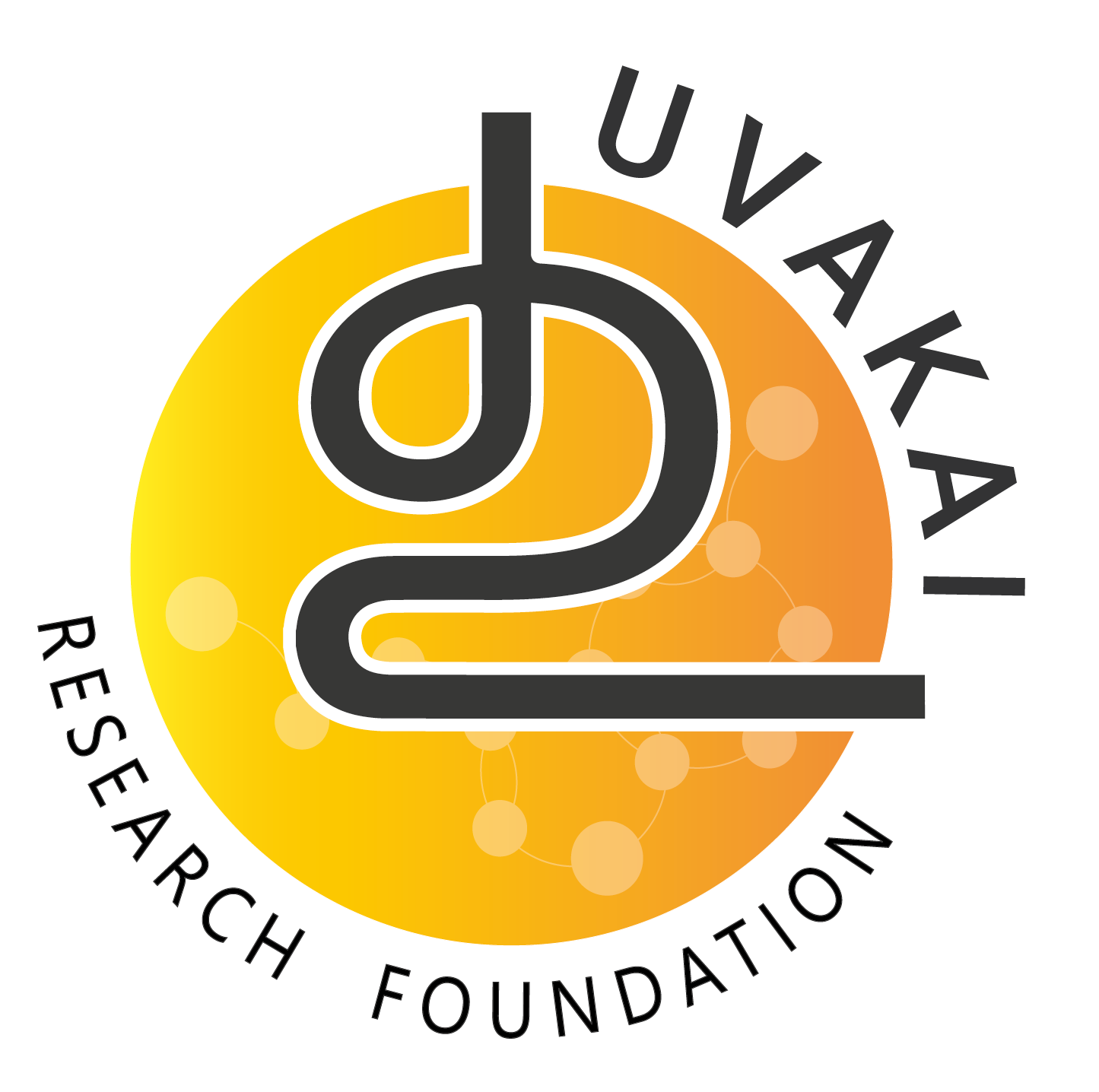
The Aspirational Blocks Programme (ABP), launched by the Hon’ble Prime Minister on January 7, 2023, seeks to uplift 500 of India’s most underdeveloped blocks across 27 states and 4 union territories. Focusing on key areas like health, education, agriculture, infrastructure, and social development, ABP aims to improve the quality of life for people in these regions, reduce disparities, and set a model for nationwide replication.
A core strength of ABP is its emphasis on convergence—bringing together multiple government schemes, departments, and resources to create a stronger impact. However, in practice, convergence has become a significant challenge. Poor coordination and governance often hinder the seamless integration of schemes, leaving vital support fragmented across departments. Instead of working together under a unified plan, many departments operate in isolation, diluting the program’s impact and slowing the pace of development.
The Missing Link: Non-Governmental Organizations (NGOs)
While community-based NGOs are essential partners in any development process, they remain largely excluded from ABP’s framework. These organizations have deep-rooted knowledge and close connections with local communities, making them ideal for bridging gaps in government schemes and building trust within the population. Yet, despite their crucial role, NGOs are often overlooked in planning and execution, causing missed opportunities for more inclusive and effective solutions. Including NGOs in the ABP would not only enhance convergence but also create a more comprehensive approach to tackling local issues.
Technology for Monitoring, But Accountability Needed
ABP uses digital tools to monitor progress through 39 Key Performance Indicators (KPIs) across health, education, agriculture, infrastructure, and social development. While these tools help track results and identify areas that need attention, real accountability is essential to turn insights into action. Technology alone cannot address the core issue of poor coordination—it must be supported by a commitment to transparent, cooperative governance.
Empowering Communities for Sustainable Change
Local communities need to be active participants in the program. Involving people in planning and implementation brings local insights into decision-making and encourages a sense of ownership and accountability. Community engagement helps sustain progress, ensuring that development doesn’t just start but continues long after initial projects end.
Building a Truly Inclusive Model
For the Aspirational Blocks Programme to succeed, there must be a strong commitment to genuine convergence. This includes overcoming coordination challenges, establishing clear governance, and valuing NGOs as key partners. By embracing a truly inclusive approach that combines government, NGOs, and local communities, ABP has the potential to become a model for equitable, sustainable development that India can replicate across regions.
